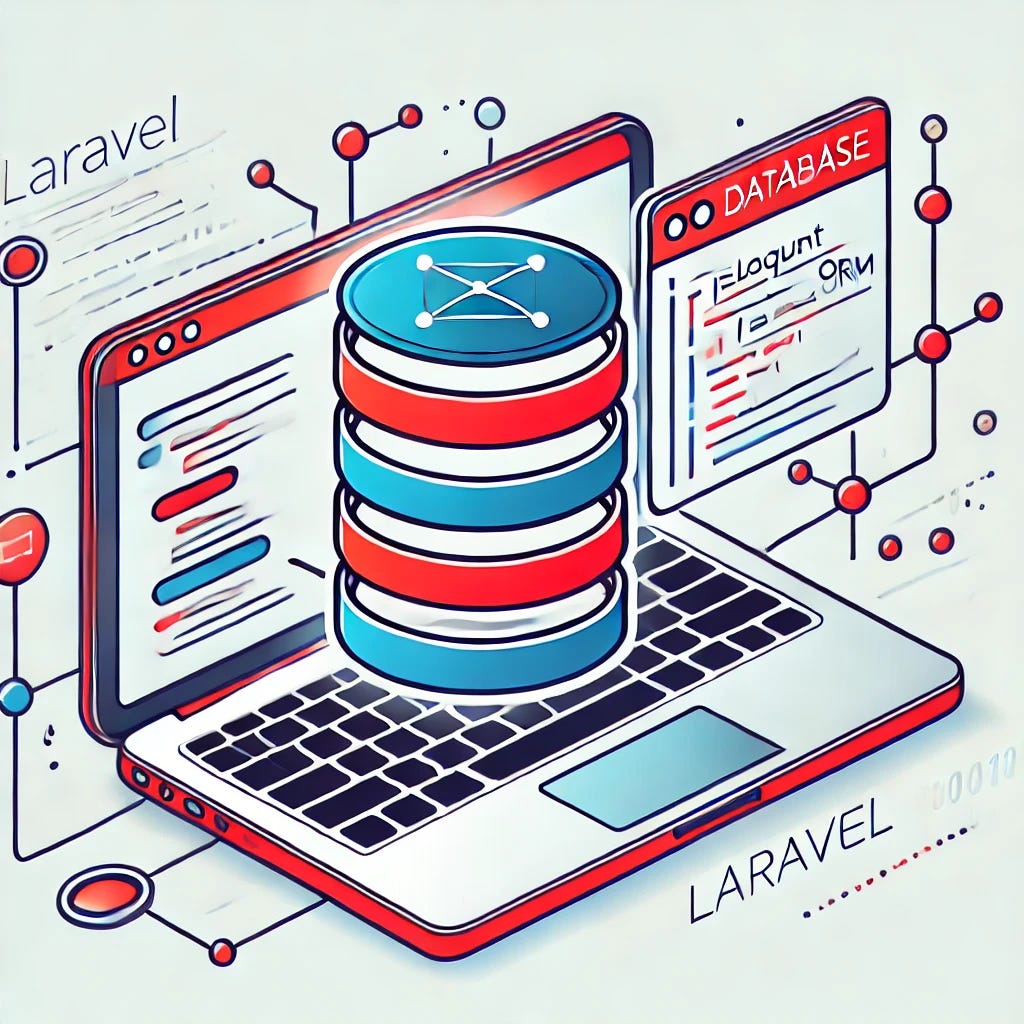Level Up Your Laravel Eloquence: Advanced Eloquent ORM Techniques for Database Interactions
Laravel’s Eloquent ORM is a powerful tool that simplifies database interactions, allowing developers to write cleaner, more maintainable code. While basic usage is relatively straightforward, mastering advanced techniques can significantly improve performance, efficiency, and code clarity. This blog post dives into some of those advanced Eloquent features to help you level up your Laravel eloquence.
1. Eager Loading: Preventing the N+1 Query Problem
The N+1 query problem is a common performance bottleneck. Imagine you have a Post model with a User relationship. When you loop through posts and access each post’s author, Eloquent might execute a separate query for each author. This results in 1 query for fetching the posts and N queries for fetching the authors (hence, N+1).
Eager loading solves this problem by fetching the related data in a single query.
with() dramatically reduces the number of database queries, leading to significant performance improvements, especially when dealing with a large number of records.
2. Lazy Eager Loading: Loading Relationships When Needed
Sometimes, you might not know if you need a relationship upfront. Lazy eager loading allows you to load relationships on a model instance after it’s already been retrieved.
This approach can be beneficial when you only need the relationship conditionally.
3. Chunking Results: Handling Large Datasets Efficiently
When working with large datasets, fetching all records into memory can lead to memory exhaustion. Chunking allows you to process the results in smaller batches.
The chunk() method retrieves posts in batches of 200 and executes the provided closure for each batch. This keeps memory usage low, making it ideal for processing large tables.
4. Scopes: Reusable Query Logic
Scopes are a powerful way to encapsulate common query logic within your models, making your code more DRY (Don’t Repeat Yourself) and readable.
Scopes make your queries more concise and easier to understand.
5. Local Scopes vs. Global Scopes
- Local Scopes: Defined as methods on the model, as shown above.
- Global Scopes: Applied to every query on the model. Useful for things like soft deleting or adding a tenant ID for multi-tenant applications.
6. Attribute Casting: Transforming Data on Access and Mutation
Eloquent allows you to cast attributes to specific data types automatically. This can be helpful for handling dates, booleans, or serializing data.
7. Accessors and Mutators: Customizing Attribute Handling
Accessors and mutators provide a way to customize how attributes are retrieved (accessors) and set (mutators).
Accessors and mutators allow you to manipulate attribute values before they are returned or stored in the database.
8. Raw Expressions: Dropping Down to SQL When Necessary
While Eloquent aims to abstract away SQL, sometimes you need to use raw expressions for complex queries or performance optimization.
Use raw expressions judiciously, as they can make your code less portable and harder to maintain.
9. Events: Triggering Actions on Model Events
Eloquent provides events that are fired at various points in a model’s lifecycle, such as creating, created, updating, updated, saving, saved, deleting, deleted, restoring, restored. You can use these events to perform actions automatically.
Events are great for tasks like generating slugs, sending notifications, or updating related data.
Conclusion
Eloquent is more than just a simple database abstraction layer. By mastering these advanced techniques, you can write more efficient, maintainable, and expressive code. Experiment with these features to enhance your Laravel projects and unlock the full potential of the Eloquent ORM. Remember to always prioritize readability and maintainability while optimizing for performance.















